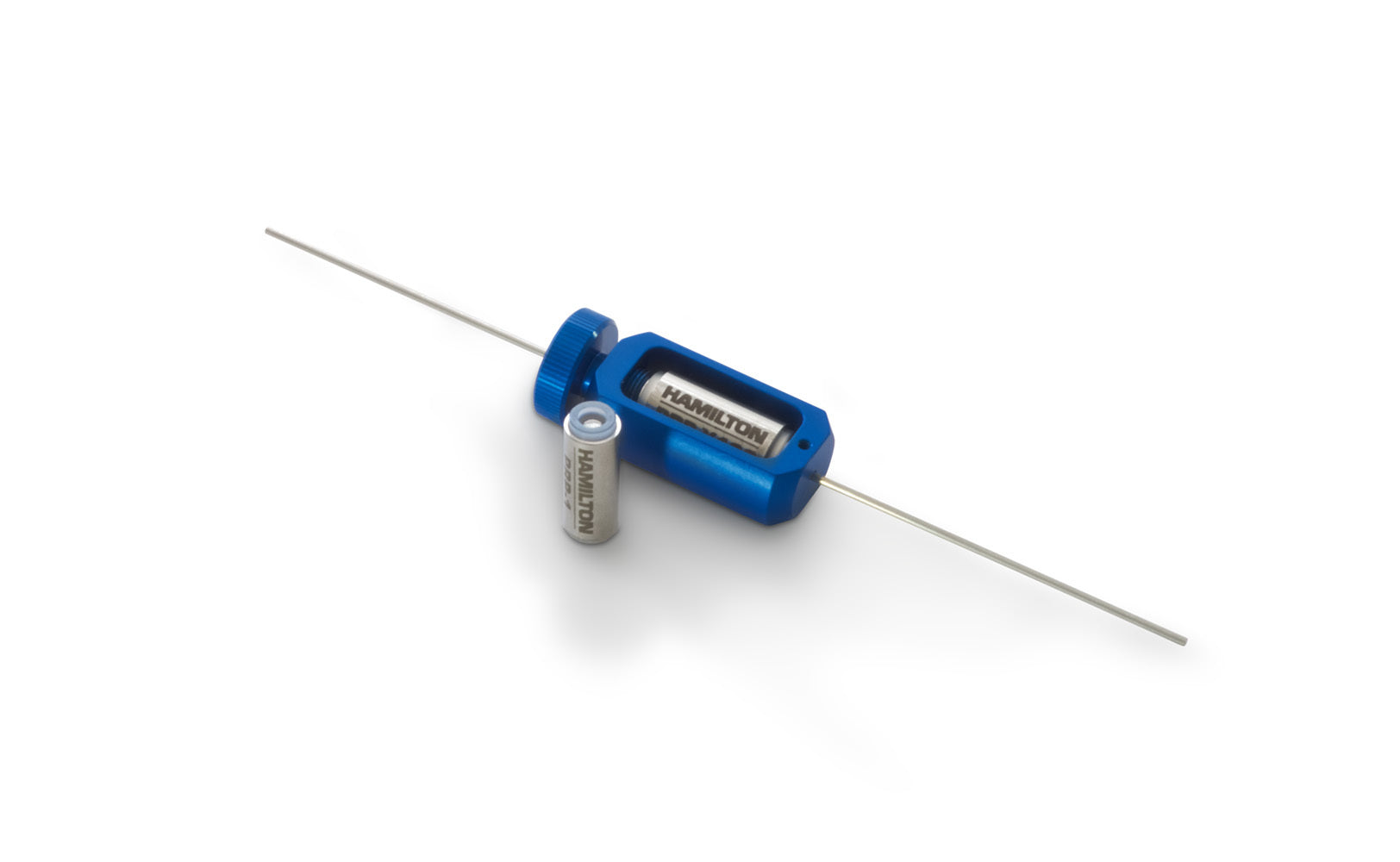Description
RCX-10: Anion Exchange HPLC Columns
High exchange capacity anion exchange column for carbohydrate separation: Carbohydrates, polysaccharides, sugar oligomers up to DP8.
Overview
Hamilton RCX-10 columns are designed with high exchange capacity for quality carbohydrate separation. Isocratic or gradient separations can be used depending on the complexity of the mixture. A pulsed amperometric detector (PAD) is recommended for gradient separations to utilize the full potential of this column. High pH can be used to enhance carbohydrate separation on RCX-10 columns due to the negative charge of sugars at basic pH.
Application Examples: ?Carbohydrates, Polysaccharides, sugar oligomers up to DP8
Anion Exchange
In anion exchange chromatography, the stationary bed has an ionically positive (+) charged surface while the sample ions are of negative (-) charge. The stronger the negative charge on the sample, the stronger it will be attracted to the positive charge on the stationary phase.
Anion Exchange Capacity
Anion exchange capacity is a measurement of the number of negative charges (anions) that the exchange resin can bind to and is reported in singly charged ion equivalents per 1 gram of resin. Exchange capacity is dependent upon the pH of the mobile phase and in anion exchange chromatography; as mobile phase acidity decreases (pH increases), the exchange capacity decreases.

